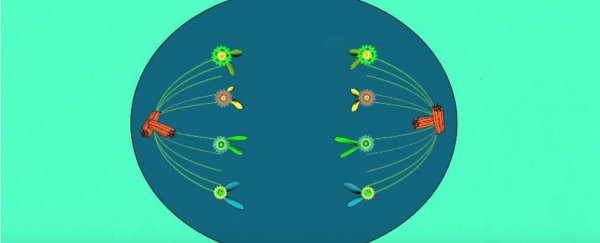As much as we'd like to avoid it, every single one of us will eventually succumb to old age and die. But as this episode of SciShow tells us, some animals and even humans are aging slower than others due to many factors that scientists don't yet fully understand. Galapagos tortoises can live 170 years, and the oldest clam ever collected was about 405! Although humans have been able to triple our lifespan since the bronze ages, these primitive creatures are still outliving us. So what gives?
Most mammals are geared towards hitting their physical peak at reproductive age. Once reproduction stops or declines, our physical health declines too - eventually causing death. This process is known as senescence, and it governs our entire biological existence. But for some animals, it's not even a factor.
Cold-blooded reptiles are the best example. They instead experience negligible senescence, which means they stay at a peak level of fitness until something happens to them and they die. They don't deteriorate with age in the same way we do, and this leads to some pretty crazy lifespans - if they can stay out of the jaws of predators long enough.
Although scientists haven't nailed down the answer yet, at least part of our ageing dilemma is our cells. Each cell has a finite number of times it's able to divide - known as the Hayflick limit.
The Hayflick limit of a human cell is about 50 - so the cell is able to divide about 50 times, or lives for around nine months. There's nothing we can do to stop this - freezing them or slowing down the process will increase the length of time between divisions, but will not increase the overall number of divisions.
Interestingly, a mouse cell can have 14-28 divisions, and a Galapagos tortoise has about 125.
This difference is mostly due to telomeres - the caps at the end of chromosomes. When they start to unravel, the cells have reached the end of their lifespan. However, pumping cells full of telomeres probably isn't the answer either, because creating telomeres and replicating indefinitely is something that cancer is highly effective at. This could cause our risk of cancer to skyrocket unless we understand more about the process of aging.
Animal studies have identified a few genes that may be effective in limiting ageing, such as IGF-1, which can protect against some cell and organ damage, and lower the risk of cancer in mice. But this has yet to be effectively shown in humans.
Watch the video above by SciShow to find out why starving yourself (if you're a mouse, at least) might increase your lifespan, and why our behaviour could be influencing how our genes make us age.
